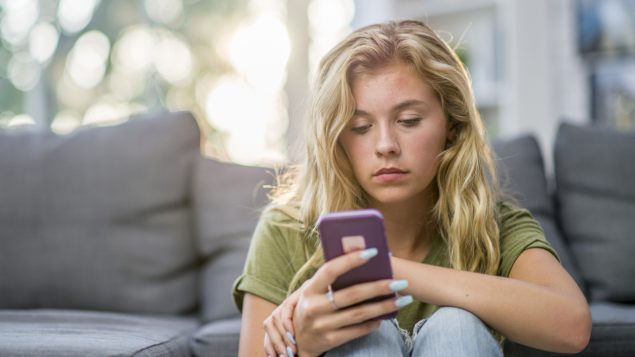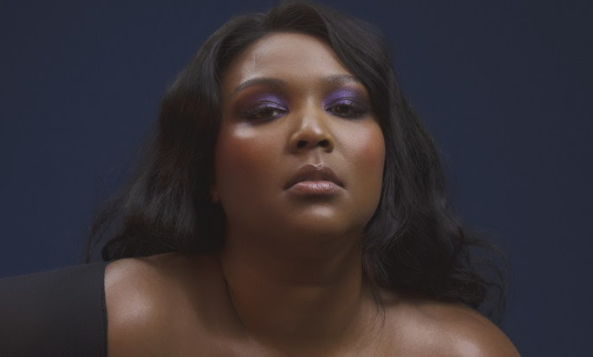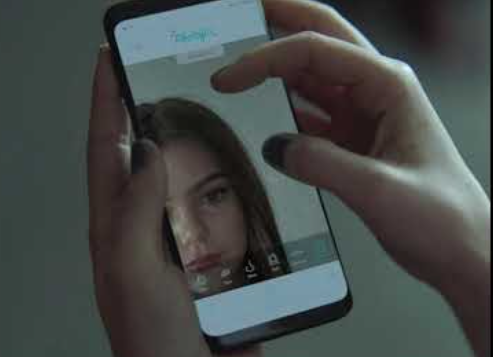A new survey suggests that 80 per of young Canadian women use editing apps from the age of 13 to change their appearance before posting selfies online. The survey was commissioned by the personal care brand Dove as part of its ongoing project for self-esteem. The company’s message of “no to digital digital distortion” is made concrete in its own advertising where the people featured appear “as we would see them in real life.”
Dove says the pandemic has increased the time young women spend online and their exposure to “completely unrealistic beauty ideals.” Digital distortion is gaining ground, says Firdaous El Honsali, director of global communications and sustainability at Dove. “Resorting to editing apps to digitally distort your image and obey unrealistic canons of beauty can weaken the self-esteem of young people. Dove wants to make the population aware of this problem and offer tools to parents and educators to help them promote healthy use of social media among young people.”

The pandemic has increased the amount of time young women spend online and their exposure to “completely unrealistic beauty ideals,” says Dove.
Two-thirds retouch photos before posting
The study found that 80 per cent of 13-year-old girls have downloaded or used an app to change their appearance in photos. Two-thirds of young girls try to retouch or hide at least part of their body or a feature of their face before posting a photo. Of girls with low self-esteem, 59 per cent regularly retouch their photos before posting and 37 per cent of young girls say they don’t look good enough without editing their photos.
Young girls agree that if the images on social media were more realistic, they would feel more confident. Two-thirds say that if this were the case they would not feel judged by their appearance. The same proportion would be less concerned about their physique and 63 per cent would like the world to attach more importance to who they are and less to what they look like.

Superstar Lizzo says there is “increasing pressure to show off a distorted digital version of ourselves, reinforcing the idea that our beauty in real life is not good enough or worthy of being loved.” (Dove)
Help offered online
Dove says these results show the need to “help young girls derive positive benefits from social media by making it more about self-expression and less about the quest for validation.”
To that end, Dove has created a video to illustrate the problem. And it invites people to visit its site to download a Self-Confidence Education Kit. It also offers tips for talking about selfies and invites people to express their views on various social media platforms.
For the purpose of this campaign, Dove has teamed up with superstar Lizzo, a Grammy-winning multi-platform superstar and advocate for self confidence. Her message: “People are grappling with their image and self-confidence more than ever. This is amplified by the increasing pressure to show off a distorted digital version of ourselves, reinforcing the idea that our beauty in real life is not good enough or worthy of being loved. That’s why the Dove Self-Esteem Project and I want you to have a discussion about selfies with a young person you know. It happens to young people all over the world, so let’s talk about it. “
Dove video on Selfies







For reasons beyond our control, and for an undetermined period of time, our comment section is now closed. However, our social networks remain open to your contributions.